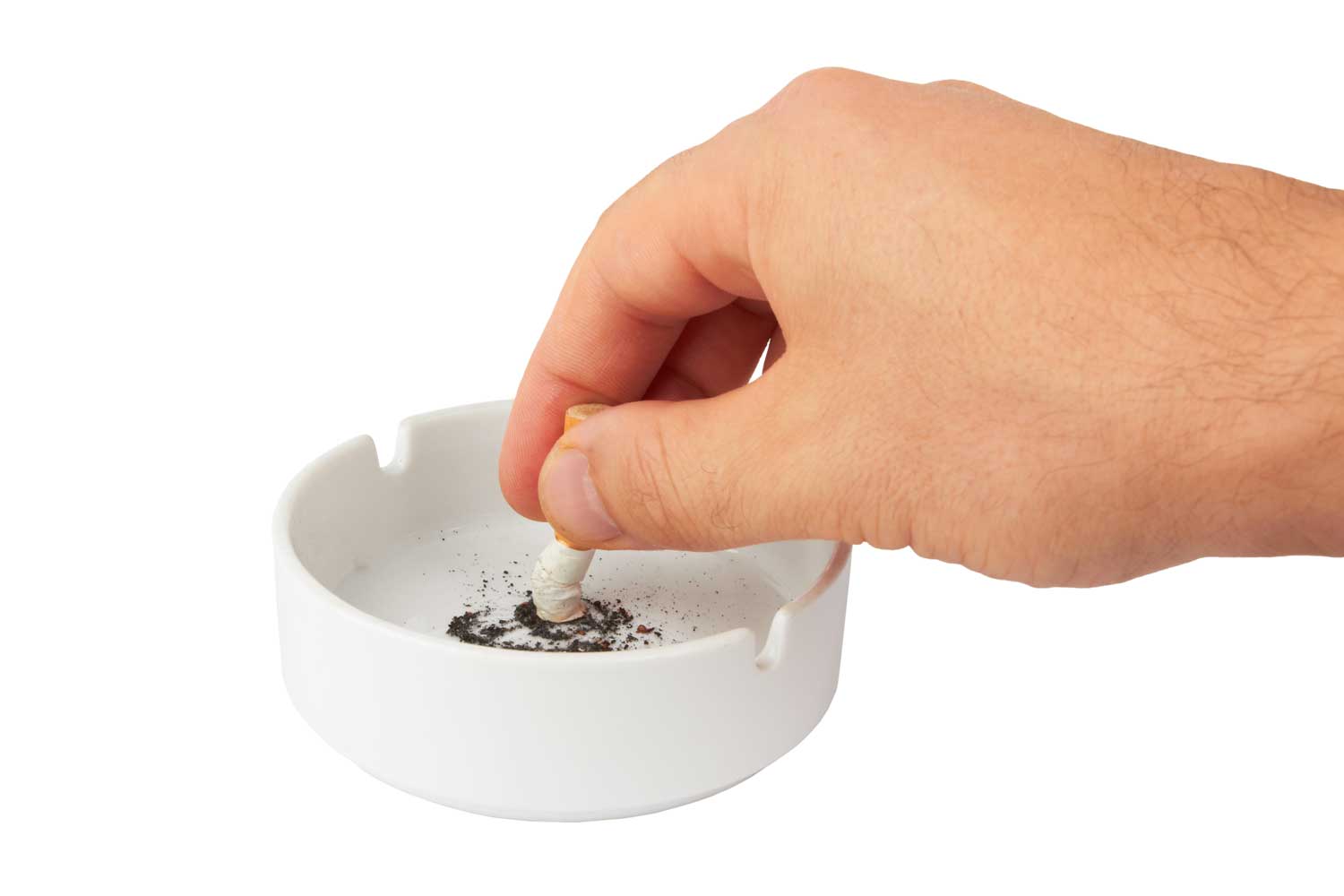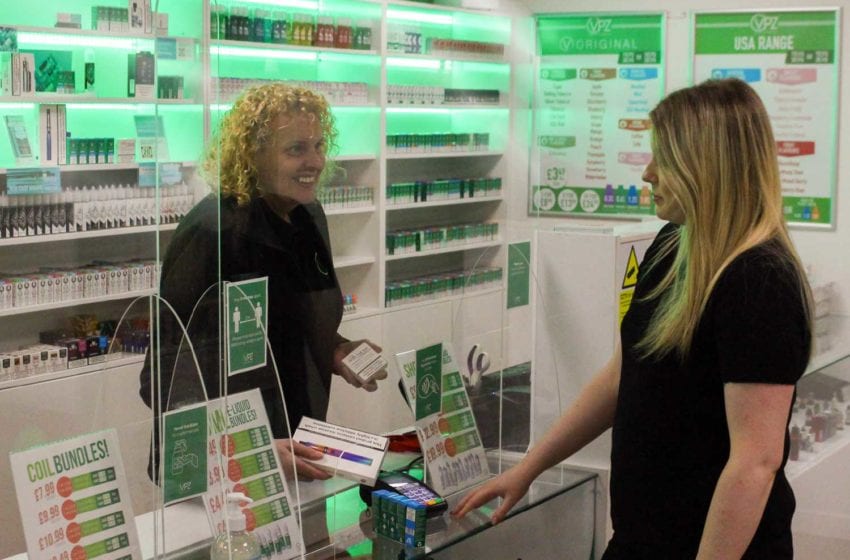
Adult smokers with no plans to quit are more likely to stop smoking if they switch to daily vaping, according to new research led by Roswell Park Comprehensive Cancer Center.
Published in JAMA Network Open, the Roswell Park study used data collected from 2014 to 2019 as part of the Population Assessment of Tobacco and Health Study (PATH). When the researchers focused their analysis on a select group of 1,600 smokers who initially had no plans to quit and were not using e-cigarettes when the study began, they found that those who subsequently vaped daily experienced eightfold higher odds of quitting traditional cigarettes compared to those who didn’t use e-cigarettes at all.
“These findings are paradigm-shifting, because the data suggest that vaping may actually help people who are not actively trying to quit smoking,” says Andrew Hyland, chair of health behavior at Roswell Park and scientific lead on the PATH study, in a statement. “Most other studies focus exclusively on people who are actively trying to quit smoking, but this study suggests that we may be missing effects of e-cigarettes by not considering this group of smokers with limited intention to stop smoking—a group that is often at the highest risk for poor health outcomes from cigarette smoking.”
Overall, only about 6 percent of all smokers included in the Roswell Park study quit smoking combustible cigarettes completely, but the rates of quitting were significantly higher among those who took up daily e-cigarette use—28 percent of smokers quit when they started vaping daily. The association between vaping and cigarette quitting held up even after adjusting for underlying characteristics such as educational background, income, gender, ethnicity and the number of cigarettes smoked per day at the beginning of the study.



















